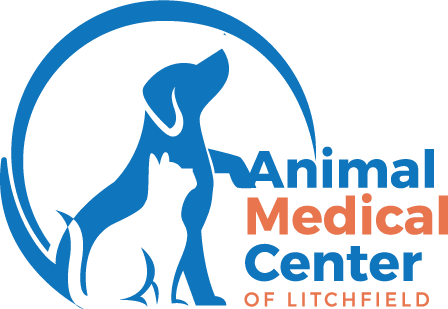At Private Veterinary Specialties LLC, we focus on cancer treatment in New Jersey and eastern Pennsylvania. Our mobile department battles hemangiosarcoma, osteosarcoma and other forms of cancer in dogs, cats, and other beloved pets both large and small. We also believe that it’s important for you to understand the disease and how it can affect our pets.
Fifty percent of dogs over the age of 10 develop cancer at some point during their lives. Some of the most common forms include malignant lymphoma (a tumor of the lymph nodes), mast cell tumors (a form of skin cancer), mammary gland tumors (breast cancer), bone cancer, and soft-tissue sarcoma.
It’s important to know what to look for. Similar to humans, sometimes dogs with cancer present with a general malaise or fatigue. They just don’t seem to feel well and might not be acting like themselves. And, while many symptoms that could mean cancer usually can mean a multitude of other conditions, here are a few specific signs to watch for in your dog:
- Weight loss and/or loss of appetite
- Difficulty exercising or loss of stamina
- Wounds that don’t heal
- Persistent lameness or stiffness
- Difficulty eating or swallowing
- Swelling that doesn’t go away or gets worse
- Difficulty breathing, urinating, or defecating
- Bleeding or discharge from any body opening (often accompanied by an unpleasant odor)
We’re often asked – ‘how can I prevent cancer in my pet?” The reality is that you cannot, but you can take steps to reduce their risk of getting cancer.
- Spay or neuter your dog early. In female dogs, you can dramatically reduce the risk of breast cancer by spaying before the first heat.
- Take good care of your dog’s teeth. Good oral hygiene can reduce your pet’s risk of developing oral cancer.
- A healthy diet and plenty of exercise go a long way. Just like humans, dogs that are active and eat right are prone to fewer diseases than their unhealthy counterparts.
If you have any questions, please let us know! We’re here to help.
